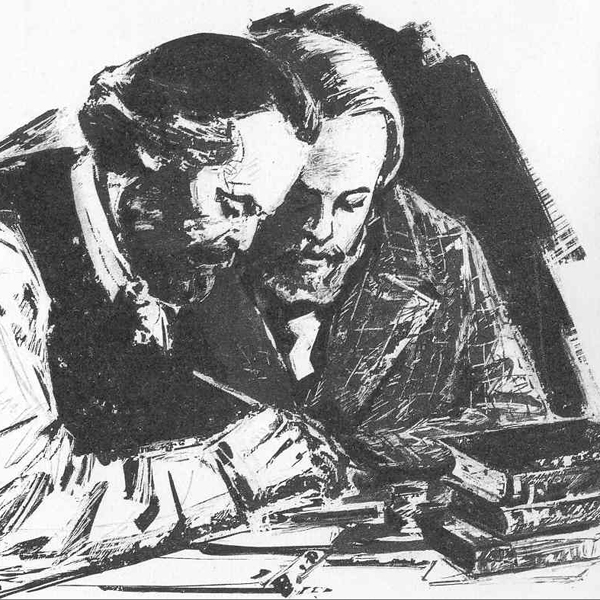
Platypus Reading Group at Dartmouth College
Tuesdays 4-7 PM
McCulloch Hall, basement seminar room*
• required / + recommended reading
Week 5. What is Marxism? I. Socialism | Oct. 31, 2017
• Marx, selections from Economic and philosophic manuscripts (1844), pp. 70–101
+ Commodity form chart of terms
• Marx and Friedrich Engels, selections from the Manifesto of the Communist Party (1848), pp. 469-500
• Marx, Address to the Central Committee of the Communist League (1850), pp. 501–511
Week 6. What is Marxism? II. Revolution in 1848 | Nov. 7, 2017
• Marx, The coming upheaval (from The Poverty of Philosophy, 1847) and Class struggle and mode of production (letter to Weydemeyer, 1852), pp. 218-220
• Engels, The tactics of social democracy (Engels's 1895 introduction to Marx, The Class Struggles in France), pp. 556–573
• Marx, selections from The Class Struggles in France 1848–50 (1850), pp. 586–593
• Marx, selections from The 18th Brumaire of Louis Bonaparte (1852), pp. 594–617
Week 7. What is Marxism? III. Bonapartism | Nov. 14, 2017
+ Karl Korsch, "The Marxism of the First International" (1924)
• Marx, Inaugural address to the First International (1864), pp. 512–519
• Marx, selections from The Civil War in France (1871, including Engels's 1891 Introduction), pp. 618–652
+ Korsch, Introduction to Marx, Critique of the Gotha Programme (1922)
• Marx, Critique of the Gotha Programme, pp. 525–541
• Marx, Programme of the Parti Ouvrier (1880)
Week 8. What is Marxism? IV. Critique of political economy | Nov. 21, 2017
+ Commodity form chart of terms
• Marx, selections from the Grundrisse (1857–61), pp. 222–226, 236–244, 247–250, 276–293 ME Reader pp. 276-281
• Marx, Capital Vol. I, Ch. 1 Sec. 4 "The fetishism of commodities" (1867), pp. 319–329
* McCulloch is a residence hall connected to Brace Commons, behind 17 East Wheelock Street in Hanover. Street parking is available in front of the Dartmouth Gym. To gain access to the building, meet at the Brace Commons entrance which is located at the back of the courtyard to the right of 13 East Wheelock (a large white house).
Once inside the outer door, take a right and walk down a long hallway into McCulloch. Find stairs on your left, if you see a pool table you have gone too far. The McCulloch Seminar room is in the basement to your right after you get out of the stairwell.
If you do not have a Dartmouth ID card, you may need assistance entering the building. Please contact us ahead of time and we will make sure you can get inside.
10. November jeden Freitag von 18 bis 21Uhr statt.
Ort: Universität Köln
Dienstags 19 - 21 Uhr | ab dem 24. Oktober 2017
Artists Unlimited e. V. August-Bebel-Str. 94
33602 Bielefeld
Radical Minds is a show that airs every Thursday at 2 PM on WHPK 88.5 FM Chicago. Aired October 19th, 2017, this episode features excerpts of an interview conducted by Efraim Carlebach and Sophia Freeman of the Platypus Affiliated Society with Ian Birchall.
Ian Birchall is a British Marxist historian and translator, a former member of the Socialist Workers Party and author of numerous articles and books, particularly relating to the French Left. Formerly Senior Lecturer in French at Middlesex University, his research interests include the Comintern, the International Working Class, Communism and Trotskyism, France and Syndicalism, Babeuf, Sartre, Victor Serge and Alfred Rosmer. He is on the editorial board of Revolutionary History, a member of the London Socialist Historians Group and has completed a biography of Tony Cliff.
Panel discussion hosted by the Platypus Affiliated Society at Goldsmiths University of London on October 19, 2017.
Speakers:
Jack Conrad (Communist Party of Great Britain / Weekly Worker)
HaPe Breitman (International Bolshevik Tendency)
Lyndon White (Political education officer, East Finchley Labour Party)
Robert Liow (Student activist, Kings College London)
Panel Description:
Labour lost the election. But Jeremy Corbyn, a veteran of the 1980’s Labour left, seems to have saved the party. Corbyn's tenure has raised old questions about the Left's relationship to the Labour Party. While some on the Left take the crisis within Labour to be an opportunity, in various ways, for its transformation, others reject Labour as a dead end.
For Ralph Miliband, the crisis of Stalinism and welfare-state social democracy in the 1950s raised the problem of the political party for socialism. He thought Labour’s defeat in the 1959 general election made apparent what would have otherwise been obscure: “the Labour Party is a sick party.” This “sickness” was taken as an opportunity for the Left to clarify the nature of the Labour Party and go beyond the “labourism” which had defined it up until that point. The New Left sought to leverage this moment to educate a new generation “into the promise and the conditions for socialism in the 1960’s.” However, by the early 1970’s Miliband felt this opportunity had passed. How should we understand Labour’s metaphorical “sickness”? Should we seek to save the patient or to learn from its death?

